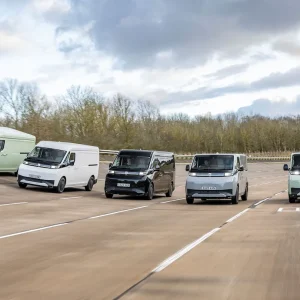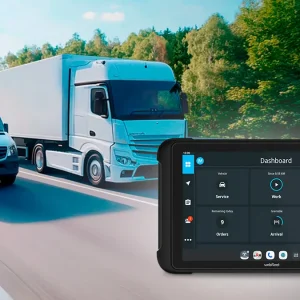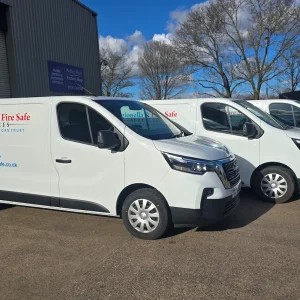Converter Coolvan has unveiled a refrigerated version of the Maxus eDeliver 3 electric van.
The new conversion is said to have optimised lightweight insulation and a specially adapted refrigeration unit, to extend its effective range without compromising temperature control.
Coolvan says it worked directly with GAH Refrigeration to adapt its Le151C chiller unit to run off the vehicle’s 12v battery, minimising the impact on the eDeliver 3’s 150-mile range.
The refrigeration system is designed to deplete a fully charged 12V battery by a maximum of 8% during a typical working day, and an integrated onboard charger regulates recharging to maximise performance and minimise energy consumption.
The chiller compartment is insulated to a depth of 75mm with specially developed lightweight materials to maximise the unit’s efficiency, rendering heavy and expensive additional batteries redundant.
Despite the extra insulation, the short wheelbase 52kW eDeliver 3 retains an internal load length of 1900mm and capacity of 3m3. Maximum payload is 745kg before driver.
The eDeliver 3 fridge van will recharge to 85% of full battery capacity in 45 minutes on a rapid DC charger, and the refrigeration unit does not require recharging.
Coolvan has eDeliver 3 fridge vans available from stock for nationwide delivery.
The company says the conversion will be particularly attractive for operators working in city centres facing new emissions restrictions.
Coolvan managing director Chris Warburton said: “Since the introduction of the T-Charge in London in 2017, we have seen a steady increase in enquiries about zero emission fridge vans.
“Enquiries increased again during the first lockdown as the food service and hospitality sectors rapidly recalibrated their businesses to meet a surge in retail demand and direct sales.
“Since then, we have seen new supply chains established in the hospitality sector and many food service distributors have taken the opportunity to review their operations and invest to future-proof their business.
“Our advice is to replace older diesel fridge vans now as lead times are likely to lengthen as more cities across the UK follow the capital’s lead.”





